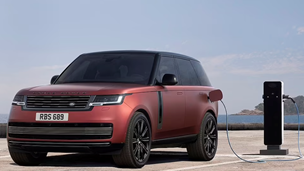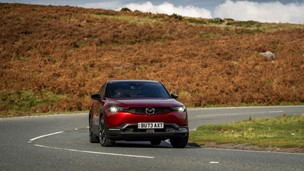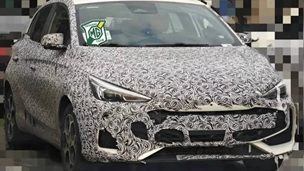As motorists, we’re now living in something of a golden era and, for all its downsides, 2016 has been one of the best years for cars and car-related things that we’ve ever seen.
But 2016 is finally at a close, which leads us to ask: what’s next for the UK’s motoring industry during the upcoming year? What will cars be like in 2017, which trends will continue and which won’t?
In this article we’ve listed seven predictions we’ve made for the car industry in 2017, and it’ll be interesting over the course of the next 12 months to see how many came true.
Your next new car will have a reversing camera as standard
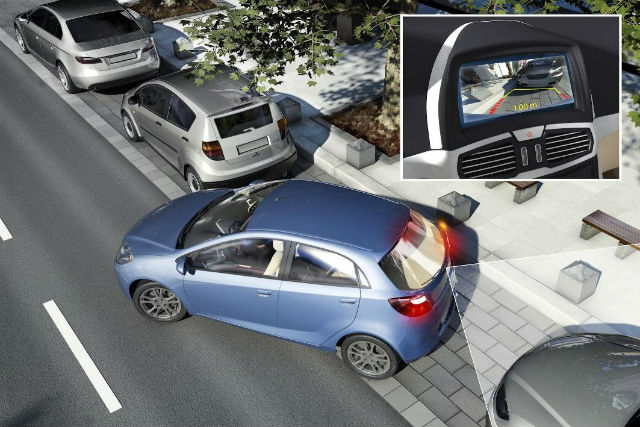
Reversing cameras are some of the handiest bits of kit that come on new cars these days, and are already available on more than 90 per cent of new vehicles, either as standard or as an option.
From 2017 you’ll also see them start to come as standard kit on many new vehicles, so we’re willing to bet that if you buy an all-new car sometime next year it’ll probably come fitted with one.
The reason is that, from 2018 onwards, reversing cameras will be required by law to come fitted to all light vehicles sold in the US. Even if you live in the UK, Europe or further afield, it’s likely to be carried over as it won’t make much sense for manufacturers to build multiple versions of the same vehicle.
The Tesla Model 3 will arrive late
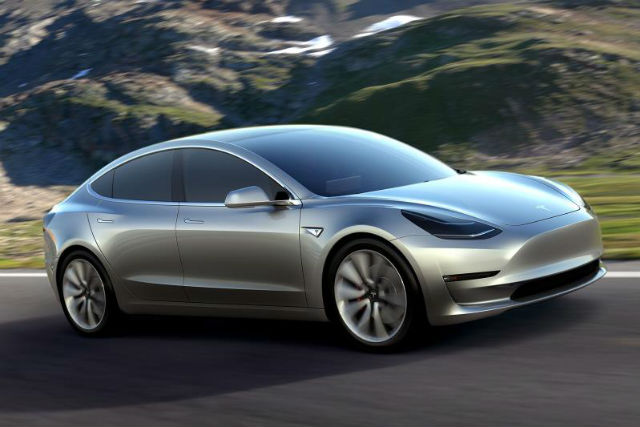
Tesla makes some of the most exciting cars around right now and inarguably the best electric vehicles anywhere on earth. It also has a tendency to deliver its cars really, really late.
Each of its three models so far have all arrived at least a year late: the Tesla Roadster was meant to be out by 2007, but didn’t arrive until 2008. Likewise, the Model S arrived in 2012 after being promised for 2010, while the Model X was meant to arrive by 2013 but many customers in the UK are still waiting for their orders to be delivered.
Tesla itself seems to be aware of this, and despite ramping up production at its facilities it’s postponed the Model 3’s delivery date from late 2017 to mid-2018. However, if you’ve ordered one, we’d advise you to expect it a little later than that, just to be on the safe side.
Crossovers will continue to dominate the market
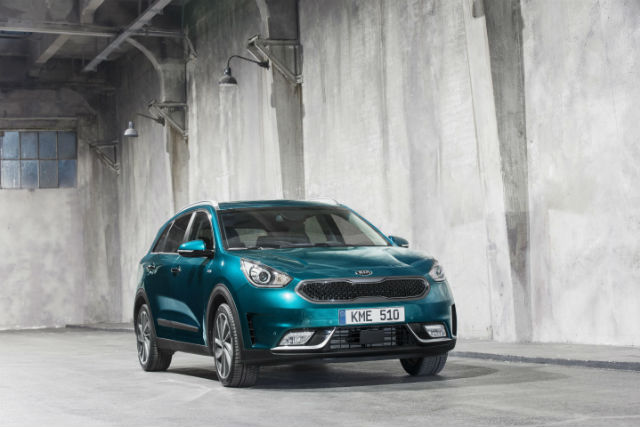
You can expect the current trend towards crossover- and SUV-style vehicles to continue, and the crossover now looks set to take over the family saloon and the supermini as the dominant force in the UK car market.
If you’re not a fan of that type of car, fear not though as the market seems to be diversifying into two different trends: crossovers and SUVs for the average buyer, neat performance cars for the enthusiast.
As a result you shouldn’t be scared about SUVs taking over, especially not with cars like the new Ford Focus RS, the Alfa Romeo Giulia Quadrifoglio and more having been released in the past year. 2017 will see the introduction of cars like the new Alpine sports car and the new Honda Civic Type R.
The car buying process will become much easier
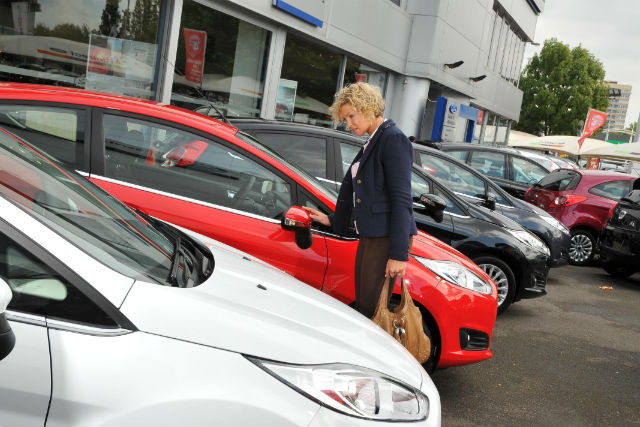
Traditionally, if you wanted a new car you called in to a couple of your local dealerships, took a test drive, laboriously haggled over the price and then finally got to drive off in your new purchase.
Not so anymore as current trends show that both buyers and dealerships are turning away from the traditional buying process and embracing new technologies and increased transparency to make buying a car much easier.
Some dealerships, like Tesla, are trialling haggle-free systems, other dealers now allow you to spec and order a car purely online, while services like Car Keys now exist to take much of the legwork out of finding and pricing up a new vehicle.
Attacks on cars by hackers will rise significantly

New cars now feature more advanced technologies than ever before, along with the ability to offer services like in-car Wi-Fi. That’s great for buyers and tech fans, but the downside is that cars are now much more vulnerable to malicious attacks from hackers.
Already a number of new vehicles have been targeted by hackers, with models like the Mitsubishi Outlander PHEV, Jeep Cherokee, Tesla Model S and Nissan LEAF all found to be vulnerable to cyber attacks.
Unfortunately, things are probably only going to get worse before they get better, so it’s worth swotting up on what you can do to protect yourself and your car from hacking attacks.
Small, turbocharged engines will be on the way out
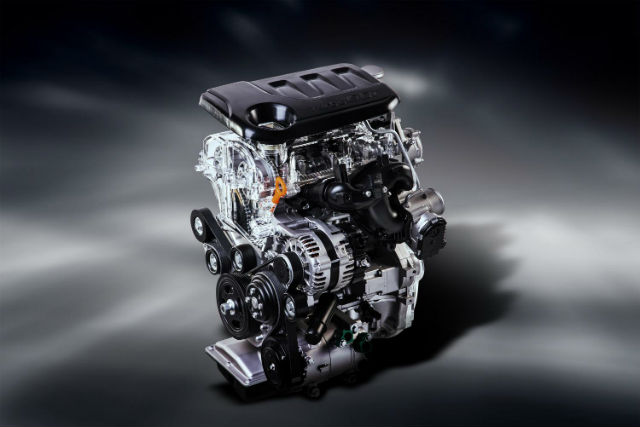
In the past few years, manufacturers have championed small, turbocharged engines as a way to increase fuel efficiency and reduce harmful emissions but that will soon be turned on its head.
A wave of studies have demonstrated that the real-world efficiency of such engines can never stand up to the figures stated in test conditions. By contrast, manufacturers like Mazda – which always stuck to larger motors – record vastly better economy figures than rivals.
You can expect to see many manufacturers increasing the size of their engines, particularly after new efficiency tests that are better designed to reflect real-world driving are introduced next year.
The record new car sales figures will finally decline
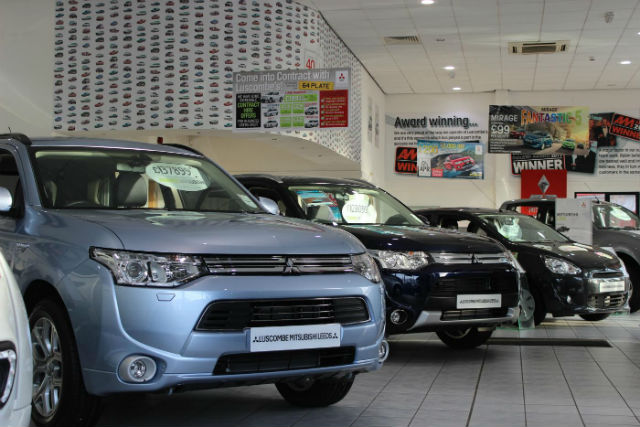
The UK car industry reported an all-time record for car sales throughout 2015, with manufacturers generating a whopping £18.9 billion in revenue for the economy last year.
However, while sales for 2016 are up over last year and the industry is on track for yet another record year, they have started to slow significantly in the past few months.
Forecasters attribute this to various things, including the slowing of the private market, skewed figures thanks to dealers pre-registering cars and uncertainty over Brexit, but we’d expect the record sales to finally decline in the upcoming year.
